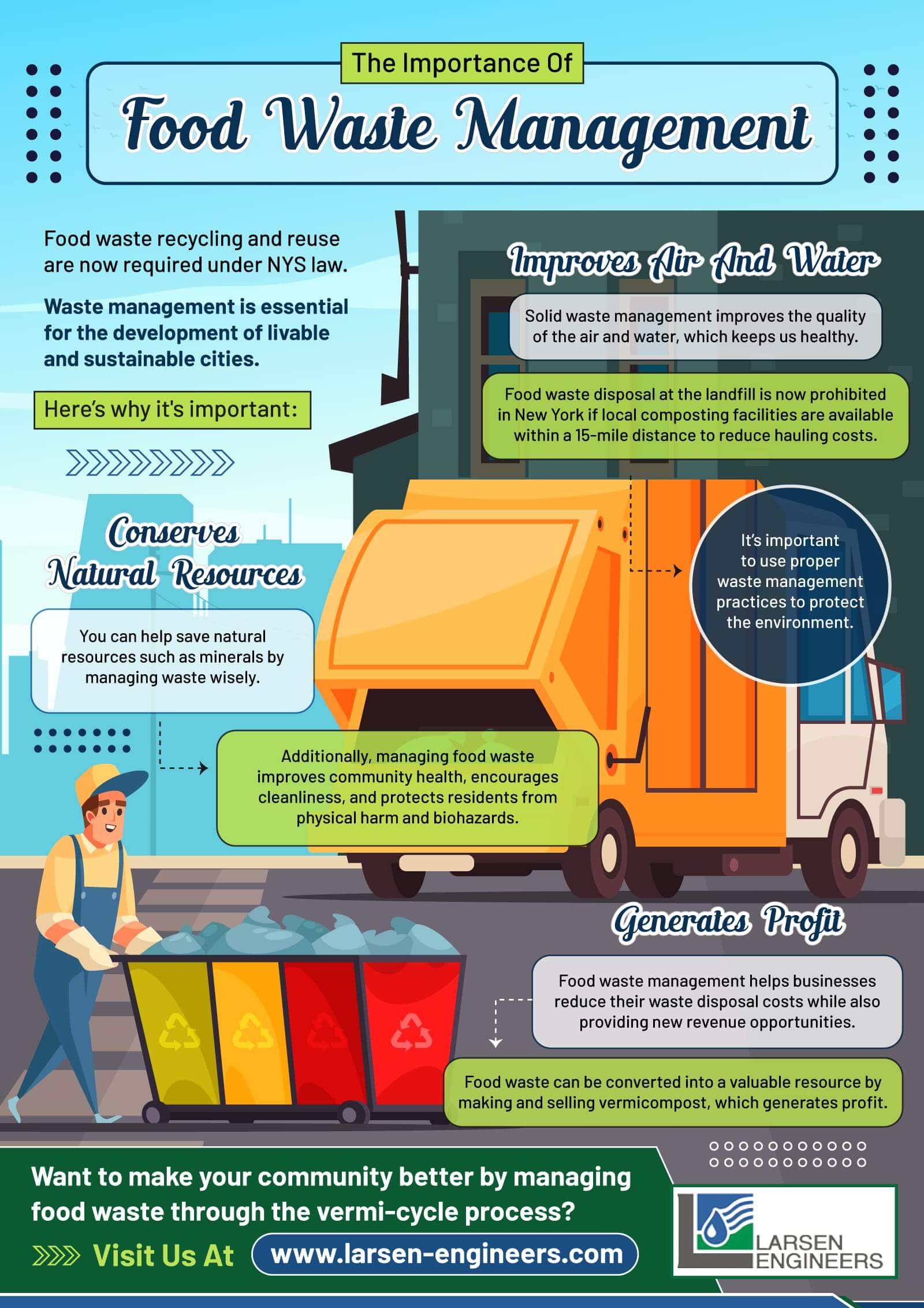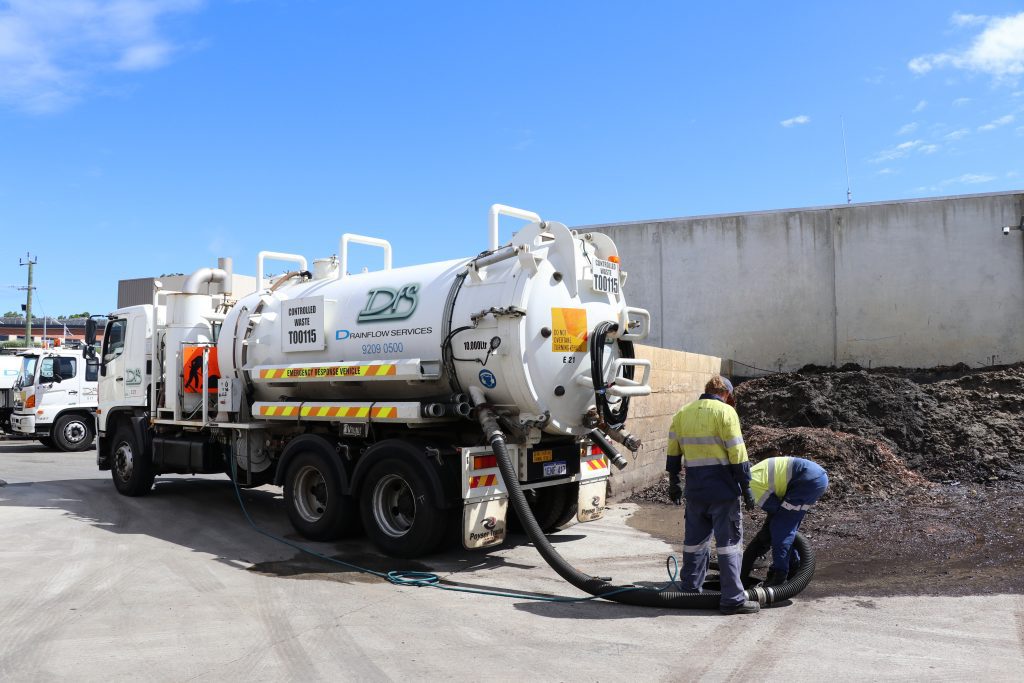A Biased View of Reclaim Waste
A Biased View of Reclaim Waste
Blog Article
6 Simple Techniques For Reclaim Waste
Table of Contents5 Simple Techniques For Reclaim WasteThe Single Strategy To Use For Reclaim WasteExcitement About Reclaim WasteThe Only Guide for Reclaim WasteFascination About Reclaim Waste
Explore the kinds, incidents, and kinds of fluid waste. Domestic sewer waste refers to the waste and products from a domestic sewage-disposal tank. This kind of waste is produced by people in houses, schools, and other structures. This only consists of septic storage tanks that have a drainpipe field. The proper monitoring and disposal of residential sewage waste need fluid waste to be moved to a sewage treatment plant where the correct methods and tools are related to cleanse and get rid of waste.
Business waste often consists of prospective dangers, such as flammable products or a blend of liquid and strong waste items, and needs a more sophisticated and in-depth disposal process. The disposal of commercial waste generally involves the purification of waste prior to transportation to make certain safe and appropriate disposal. Hazardous waste is created from results and overflow of commercial procedures and production.
This kind of waste can not use the very same sewer monitoring transport or procedures as septic or industrial liquids. The hazardous waste administration procedure calls for the examination and screening of liquid waste before it undertakes the disposal process (liquid waste disposal). Overflow waste is the liquid waste that comes from drainage and excess stormwater in highly populated areas or cities
Drainage waste can create contamination and flooding otherwise dealt with effectively. Discover more concerning drain cleaning and waste monitoring. Making sure appropriate waste monitoring can avoid disasters and minimize ecological injury. Both individuals in household setups and professionals in business or production markets can take advantage of understanding the procedures and regulations of liquid waste monitoring.
7 Simple Techniques For Reclaim Waste
Get in touch with PROS Solutions today to learn more about our waste monitoring and disposal services and the proper ways to take care of the fluid waste you produce.
(http://tupalo.com/en/users/7813759)This so-called 'wastewater' is not only an important resource however, after treatment, will certainly be launched to our land, rivers or the ocean. Utilized water from commodes, showers, bathrooms, kitchen sinks, washings and commercial procedures is recognized as wastewater.

water made use of to cool machinery or clean plant and equipment). Stormwater, a form of wastewater, is drainage that flows from farming and city areas such as roofings, parks, gardens, roads, paths and rain gutters into stormwater drains, after rainfall. Stormwater flows neglected straight to neighborhood creeks or rivers, at some point reaching the ocean.
Fascination About Reclaim Waste
In Queensland, most wastewater is treated at sewer treatment plants. Wastewater is carried from domestic or commercial sites via a system of drains and pump stations, recognized as sewerage reticulation, to a sewer treatment plant. City governments construct, maintain and run most sewer treatment plants. Operators are accredited under the Environmental Protection Act 1994 to release cured wastewater at an appropriate environmental criterion right into rivers.
The Division of Natural Resources advises regional federal governments concerning handling, operating and preserving sewerage systems and therapy plants. In unsewered locations, city governments may call for homeowners to set up private or house sewer therapy systems to treat residential wastewater from bathrooms, kitchen areas, restrooms and washings. The Department of Natural Resources authorizes using house systems when they are verified to be effective.
In some new neighborhoods, therapy of some stormwater to remove litter, sand and gravel has started using gross toxin traps. Wastewater treatment occurs in four phases: Gets rid of strong issue.
Utilizes little living microorganisms knows as micro-organisms to break down and eliminate remaining liquified wastes and great particles. Micro-organisms and wastes are integrated in the sludge.
Rumored Buzz on Reclaim Waste
Nutrient elimination is not readily available at all sewage therapy plants due to the fact that it requires expensive specialized devices. It is becoming extra typical in Queensland. Clear fluid effluent generated after therapy might still include disease-causing micro-organisms. If this effluent is released into rivers such as rivers or the sea, the micro-organisms will at some point pass away out.

Most wastewater streams into the Get More Info sewerage system. Under the Act, regional federal governments carry out approvals and permits for environmentally pertinent activities (Periods) entailing wastewater launches that may have a regional effect.
How Reclaim Waste can Save You Time, Stress, and Money.
Surveillance provides factual info concerning water quality and can validate that permit problems are being satisfied. The information acquired via tracking provides the basis for making water high quality decisions.
Report this page